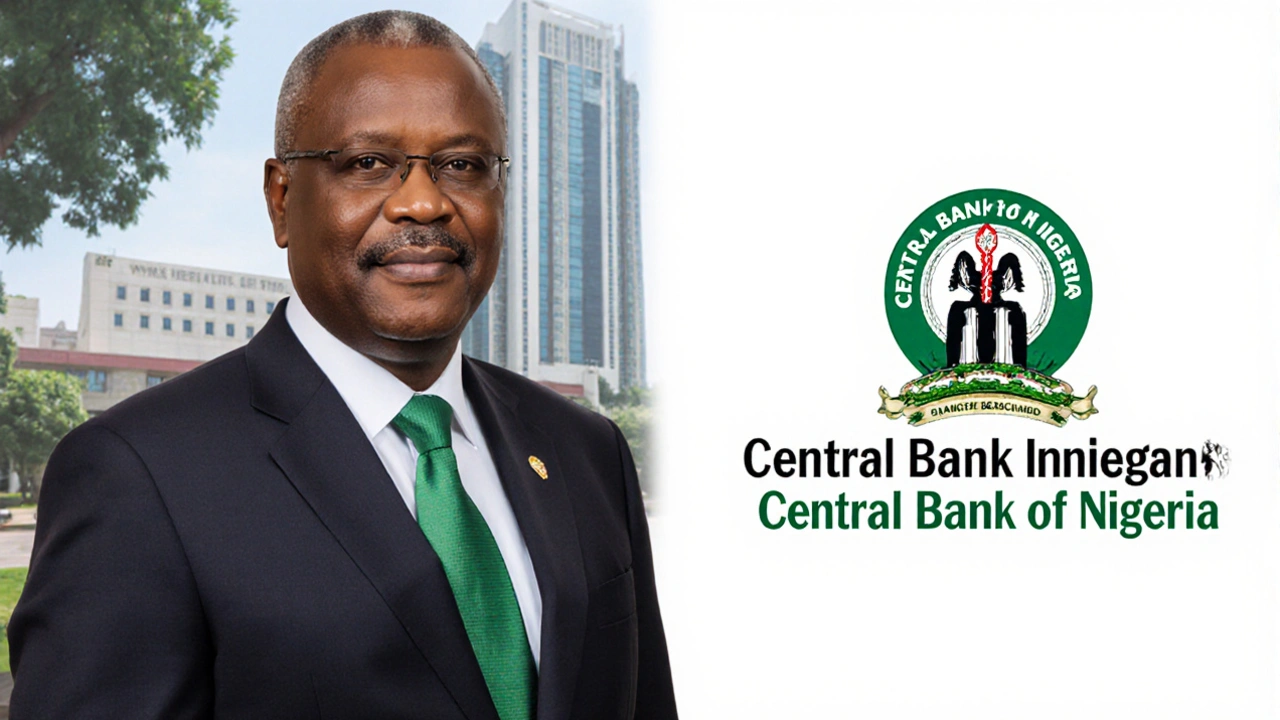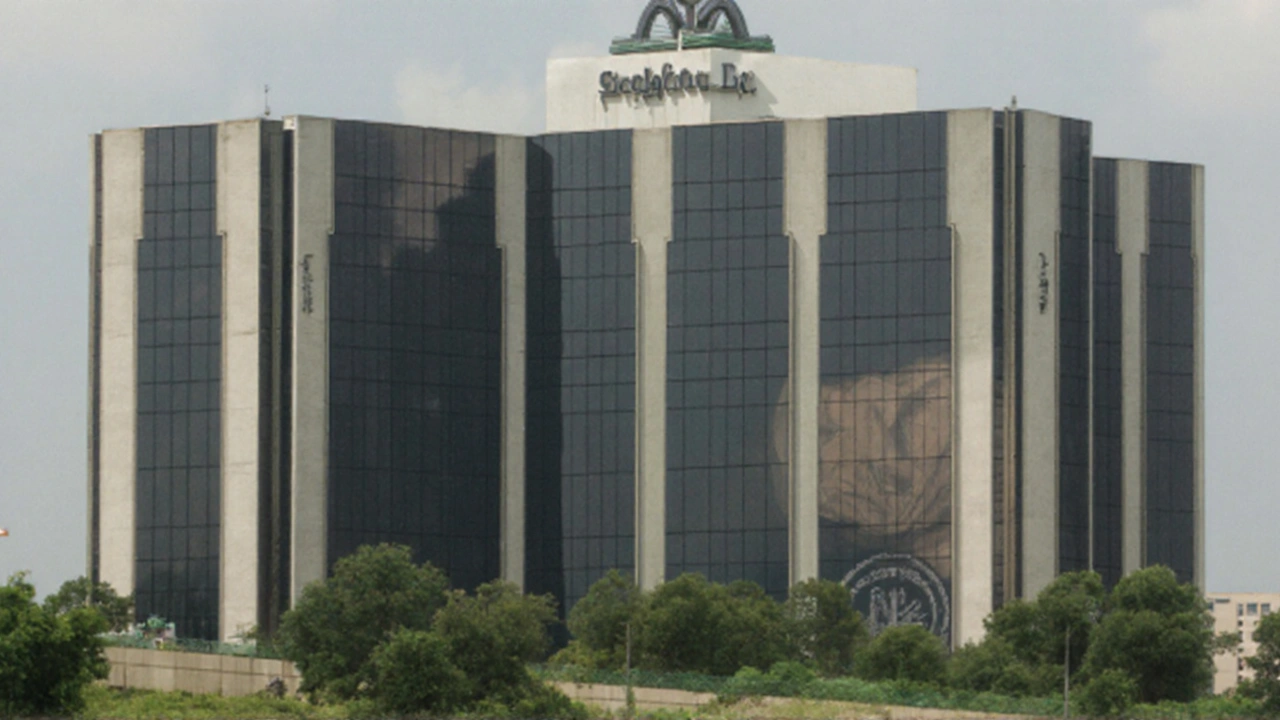CBN’s First Rate Cut Since the Pandemic
After more than three years of tightening, Nigeria’s Central Bank finally trimmed its policy rate by 50 basis points, bringing the benchmark down to Nigeria interest rate cut 27%. The decision, announced on September 23, 2025, marks the first reduction since September 2020, when the bank responded to the COVID‑19 shock with a similar move.
Until now, the Monetary Policy Committee had kept the rate steady at 27.5% through successive meetings in May and July, betting that the inflation surge would subside. Recent data, however, showed headline inflation easing to 20.12% in August, giving policymakers the confidence to pivot toward growth support.
“The disinflation trend we observed in the last quarters is expected to continue for the rest of 2025,” the CBN said in its statement, underscoring a deliberate shift from pure price stability to a more balanced agenda that also nurtures economic recovery.

Implications for SMEs, Households and Liquidity Management
The rate cut is designed to lower borrowing costs for small and medium‑size enterprises (SMEs) and ordinary consumers. With cheaper credit, businesses can finance inventory, expand operations, and hire staff, while households may see reduced mortgage and personal loan repayments.
To complement the easing, the central bank introduced a set of liquidity‑friendly measures:
- A 75% cash reserve ratio (CRR) on public deposits, easing the previous higher requirement and freeing up funds for lending.
- Relaxed reporting standards for banks that increase SME loan portfolios.
- Targeted open‑market operations aimed at stabilising short‑term money market rates.
These tools signal that the CBN is looking to manage the money supply carefully while still encouraging banks to extend credit to the real economy.
Analysts who had been betting on a policy shift welcomed the move. Most pointed to the steady decline in inflation as the key driver, noting that the earlier tightening cycle—where rates were hiked aggressively to counter persistent price pressures—had begun to strain both businesses and consumers.
“The eight‑year‑old cycle of rate hikes was necessary to restore credibility, but now the economy needs breathing room,” said Chinedu Okonkwo, a senior economist at Lagos-based research firm EconPulse. “A 50‑basis‑point cut may look modest, but in a high‑rate environment it can translate into a tangible reduction in loan servicing costs.”
Domestic investors also reacted positively, with the Nigerian Stock Exchange’s All‑Share Index edging higher on the news. The sentiment was that lower financing costs could revive stalled projects in manufacturing, agriculture, and construction—sectors that have been hit hard by expensive credit.
Despite the optimism, some caution remains. Critics warn that inflation, though easing, is still well above the central bank’s target range, and a premature loosening could reignite price pressures. The CBN, however, emphasized that its projection assumes a continued disinflation path, supported by recent improvements in supply‑chain bottlenecks and a modest strengthening of the naira.
Overall, the rate cut caps a period of aggressive tightening that saw the policy rate climb from 13% in early 2022 to a peak of 28% in 2023. By stepping back now, the bank hopes to balance the dual mandate of price stability and growth, giving SMEs and households the fiscal relief they have been clamoring for over the past three years.


Author
Ra'eesa Moosa
I am a journalist with a keen interest in covering the intricate details of daily events across Africa. My work focuses on delivering accurate and insightful news reports. Each day, I strive to bring light to the stories that shape our continent's narrative. My passion for digging deeper into issues helps in crafting stories that not only inform but also provoke thought.